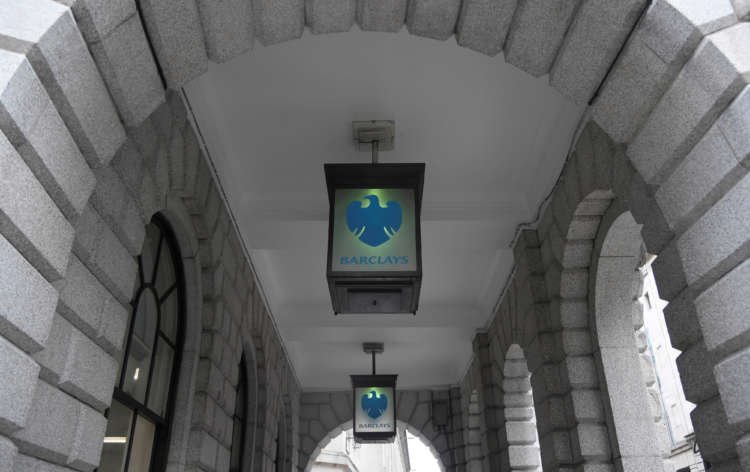Banking
Barclays, BNP Paribas see profit spike from stock trading frenzy
Published by linker 5
Posted on April 30, 2021
1 min readLast updated: January 21, 2026

Published by linker 5
Posted on April 30, 2021
1 min readLast updated: January 21, 2026

Explore more articles in the Banking category











